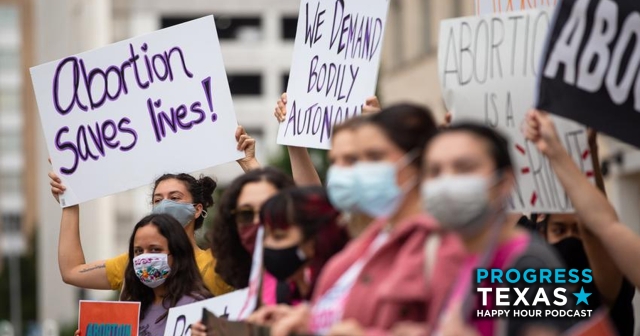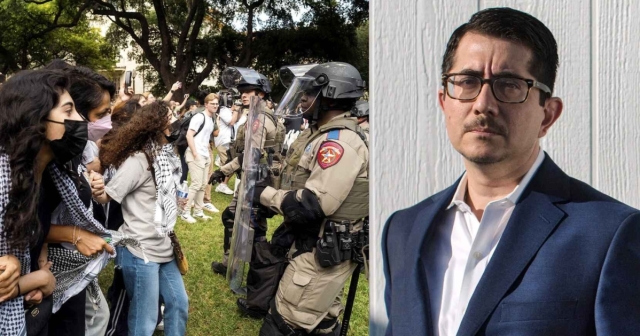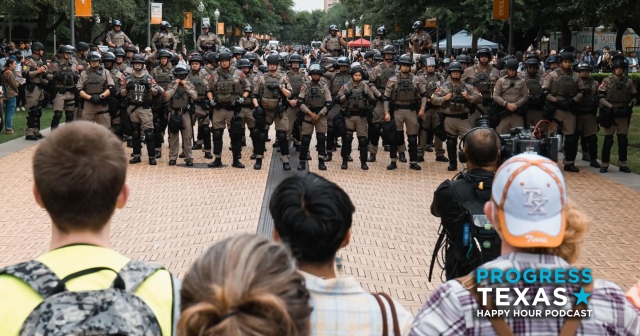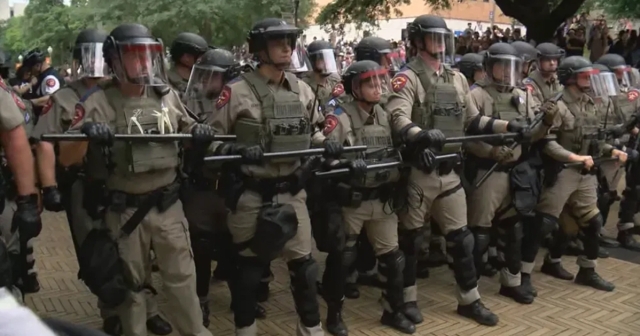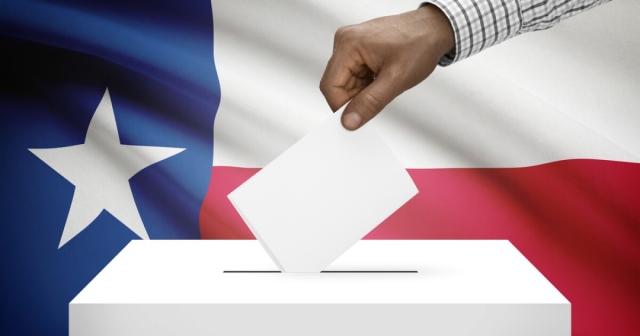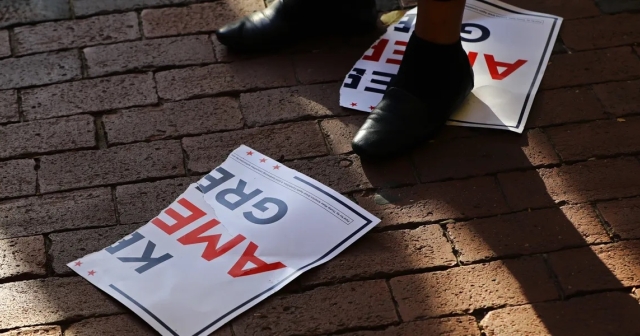One question every 2022 candidate needs to answer: Do they support the big lie?
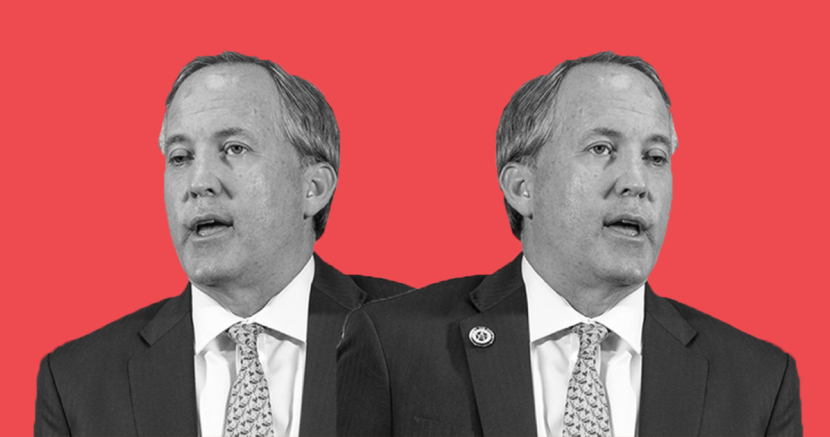
Toplines and Key Facts:
- With the midterm election approaching, elected leaders and candidates must commit to honoring our system of checks and balances.
- Voters deserve to know that candidates will respect their choices.
- If you know someone on the fence about the Big Lie, do whatever you can to ensure them that our elections are safe and secure.
Despite no proof to support Trump’s Big Lie, some candidates and elected officials continue denying the results of the 2020 election. Their insistence on feeding into conspiracies and spreading election misinformation is putting more election officials in danger than ever before.
Texas has hundreds of known election deniers on the ballot, but how many are unknown? With the midterm election approaching, elected leaders and candidates must commit to honoring our system of checks and balances.
Click here for FiveThirtyEight’s list of election-denying candidates in Texas.
But is the list complete? We won’t know unless you ask. That’s why we’re urging every publication, organization, voter, and reader with a platform to pressure 2022 candidates with two key questions:
- Do they accept the outcome of the 2020 election?
- Will they accept the results of the 2022 election?
Voters deserve better; for that to happen, voters first deserve to know that candidates will respect their choices. Let’s put proof over accusations and people over party by electing candidates who want to improve our country, not tear it down.
Here are 3 messages to fight the Big Lie:
- Texas elections are safe and secure: If you know someone on the fence about the Big Lie, remind them that Texas elections are safe and secure. Hearing from a friend, neighbor, or family member is the most effective way to maintain trust in our elections.
- Stay positive: try to keep it light and hopeful; people get bad news all day long so adding to that might just make them tune you out.
- The world looks to our elections as models of freedom, fairness, and choice. For years we have had systems in place to ensure our elections run smoothly. Candidates can't just challenge election results without proof and then expect our system to crumble to their whim; to do so is antithetical to our values of freedom, truth, and justice.
What’s happened since 2020:
Recently, misinformed Trump supporters known as “Stop the Steal” activists interrupted a voting machine test in Harris country. They berated election officials and Republican Texas Secretary of State John Scott with baseless accusations, turning a routine test into a battle against misinformation.
As Texas’ chief election officer, Scott has consistently urged voters to trust the results of the 2020 election. Earlier this month, in an interview with Texas Monthly, Scott reiterated his trust in the election results and criticized Big Lie followers for listening to “nuts” like Trump. His predecessor, Ruth Ruggero Hughs, told lawmakers the election was “smooth and secure.”
Despite reassurances from Scott and other elections administrators, election officials are still receiving death threats from misinformed activists.
The entire staff at the Gillespie County (Fredericksburg) elections office resigned in August, and other counties across the state have experienced issues with understaffing and harassment. A survey from the Brennan Center earlier this year found that one in five election workers is likely to leave their posts before the 2024 election.
Attorney General Ken Paxton isn’t helping:
Attorney General Ken Paxton added to elections departments’ overwhelm when he released a non-legally binding opinion advising counties to let anyone examine ballots the day after they are counted. Paxton’s opinion violates election code and contradicts advice his office gave counties as early as five days prior.
Federal and state election laws require ballots remain secure for at least 22 months after an election. If county election officials follow Paxton’s orders and defy Texas’ election code, there’s a chance they could face prosecution. While election departments don’t have to follow Paxton’s order, conspiracy-driven voters will likely still use the opinion as a basis for information requests and further overwhelm already struggling elections offices.
Of course, that’s only the tip of the iceberg regarding Paxton’s clashes with the law. He’s been indicted on fraud charges, is under investigation by the FBI over corruption allegations, and was sued by the Texas State Bar for his baseless, manipulative attempts to sow doubt into our elections.
It’s no wonder Texas’ highest criminal court ruled that the attorney general can’t unilaterally prosecute election cases. Separation of powers is crucial when Trump superfans like Paxton are so intent on overturning our elections.
Additional recent concerns:
The last thing voters need is another reason to avoid the polls. But that’s exactly what Harris County voters got on Oct. 18. In a letter to the county’s elections administrator, the secretary of state’s office relented to Paxton’s paranoia and announced they’d be sending election monitors to Harris County during the upcoming election.
Considering GOP officials have targeted Harris County for years, we can’t help but be suspicious.
In 2020, Harris County attempted to improve voter turnout by opening up 24-hour and drive-thru voting. When the initiatives proved successful, Texas Legislature Republicans fought back the second they got the chance. They outlawed 24-hour voting and have continued to challenge Harris County’s legal election practices since then.
This new move is voter intimidation at its finest, y’all; and it makes fighting election misinformation more critical than ever.
“The attorney generals we elect this year will be responsible for defending state voting laws and election results. Giving Election Deniers that power would be like putting arsonists in charge of the fire department.” — Thania Sanchez, senior vice president of research and policy development at States United Action, in an email to the Texas Tribune.
Early voting begins Oct. 24. Visit Vote411.org to see what’s on your ballot. For information on Voter IDs, election deadlines, and more, check out GoVoteTexas.org!
If you or anyone you know runs into issues at the polls, call or text 866-OUR-VOTE to speak with a trained Election Protection volunteer.
DONATE
Your donation supports our media and helps us keep it free of ads and paywalls.

